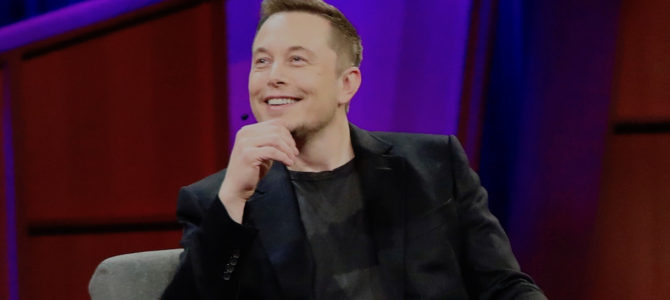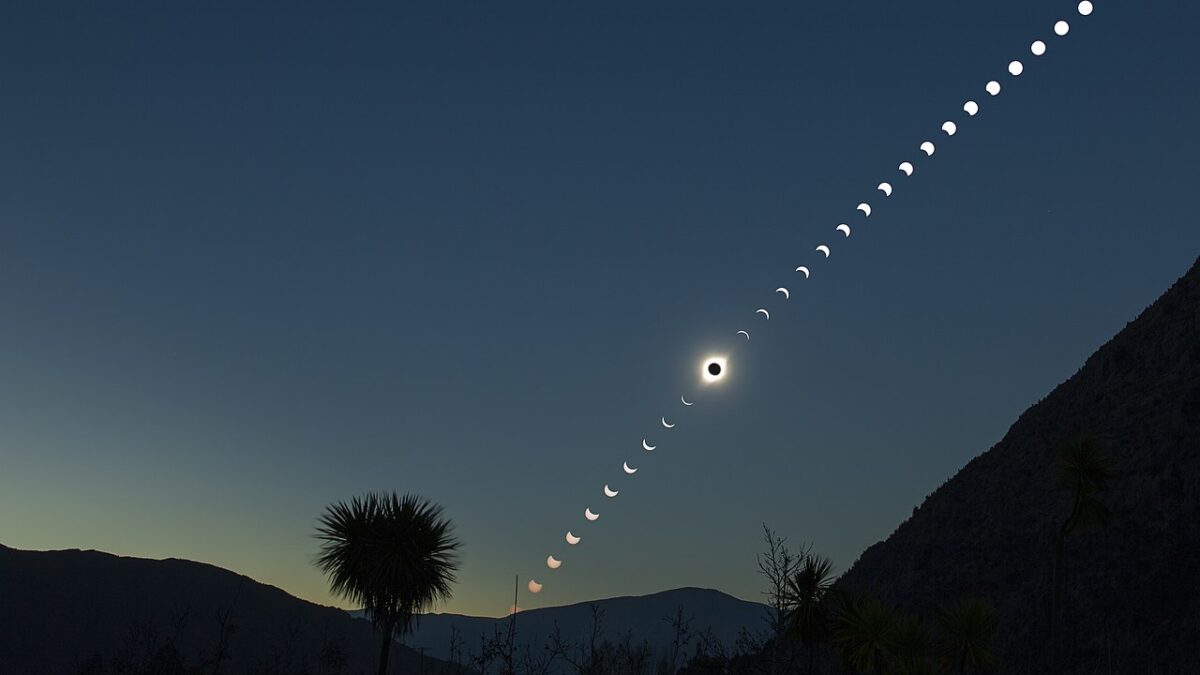
At your next dinner party or parents’ night at school, mention that you’re extremely troubled about population growth and the kind of world our great-grandchildren will inherit. You will set heads a-bobbing in heartfelt agreement. Looks of apocalyptic concern will fall upon parents’ faces. “Yes, we’ve got to do something about that! Soon we’ll have no room to live and no food to eat. It’s terrible, just terrible.”
Then you clarify that it’s not overpopulation you are concerned with, but just the opposite. Humanity is threatened by too few people in the near future. The looks of your co-conversationalists immediately turns from distress to utter bewilderment. Silly rabbit.
Elon Musk caused this very reaction among the elites recently with this provocative tweet:
The world's population is accelerating towards collapse, but few seem to notice or care
— Elon Musk (@elonmusk) July 6, 2017
Maybe Overpopulation Isn’t The Problem
Most saw the words “population” “world” and “collapse” and assumed Musk was, as a forward-thinking man, decrying over-population. It’s a knee-jerk kind of thing.
But Musk wasn’t singing this tired and false song. He explains precisely what he meant in this short interview with CNN Money. It’s based in this simple and incontestable fact: a disturbing number of the world’s nations will not be replacing themselves population-wise in coming generations. This is serious stuff for these nations, and for the rest of us.
China, Italy, Japan, Denmark, Canada, America, and others can only exist if current Chinese, Italians, Japanese, Danes, Canadians and Americans have Chinese, Italian, Japanese, Danish, Canadian and American babies. And if their babies do so. Each couple must have at least 2.1 children to merely sustain their current population. Only a few nations in the developed world are doing so. In many places, adult diapers are outselling or on par with baby diapers. Elder care is a larger growth market than child care. Which brings us to the heart of the problem of a population implosion.
What Happens When We Don’t Replace Population
Every nation requires a new generation to become its taxpayers, caregivers, educators, inventors, investors, innovators, police force, social workers, artists, sports heroes, government leaders, military and so forth. They become the new social foundation and network. They are the people who will support all of us when we get old and feeble. These generations must come regularly like waves upon the beach, and at least in the same numbers which they are serving. They typically come to us as babies.
The only other way to get them is through immigration—and in many nations, like China, Spain, Japan, Sweden, Denmark, Canada, Belguim, Germany, and France, it will be exceedingly difficult to impossible for immigration to cover their shortfalls. What’s more, it is unlikely a nation can retain its wonderful identity and culture when it’s replacing population with folks from a different identity and culture. Italians make Italy what it is, and they are not producing many Italians. This is tragic.
But where will we put all these new people, and what will we feed them? Not a problem. Not even close. Even Time magazine admits this: Every one of our world’s 7 billion-plus citizens can fit within the state of Texas with a population density of New York City. And many find that city quite charming. We could even fit the world’s entire population in the small state of Rhode Island with enough room for those who so choose to do the hokey pokey. Enthusiastically even.
Food? We already grow enough produce and grain globally today to feed 10 billion people on a full vegetarian diet. Worldwide, humans currently throw out or waste half of the food we produce. Half!
Our Problem Isn’t Too Many People—It’s Too Few
So ours is not a food and space problem, but one of stewardship and distribution. Politics rather than procreation and production. This is what Musk, and many others, are saying.
CNBC quickly followed Musk’s tweet with a little video graphic warning viewers not to be swayed by his concerns. He misses the “silver lining” of this demographic implosion: less wars and the environment will take a breather.
But when a nation’s population is crumbling, it becomes vulnerable to other nations acquiring it. Those negotiations consist of bombs and guns. And babies who are never born will not become the people who innovate solutions to our environmental challenges.
People are not the problem. Too few are. Elon Musk got this one right.









